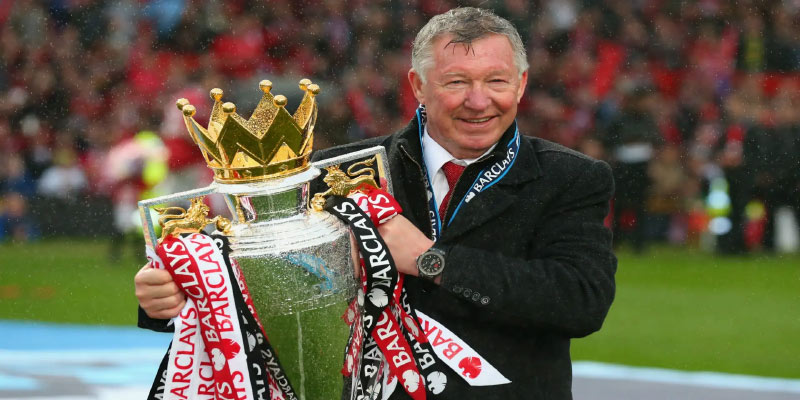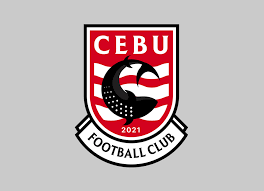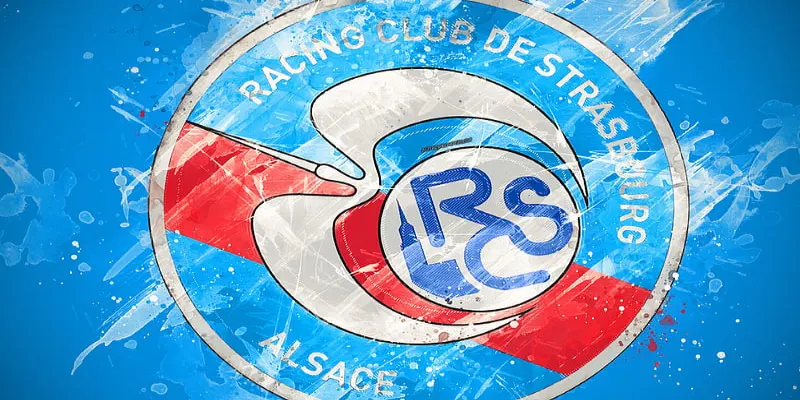Sir Alex Ferguson wasn’t just a football manager—he was a revolutionary force who rewrote the rules of leadership, legacy, and long-term success. From fiery beginnings in Scotland to becoming the architect of Manchester United’s global dominance, Ferguson fused discipline, foresight, and unmatched man-management into a dynasty that transcended generations. His impact reached far beyond tactics or silverware; it reshaped the very culture of the game. To explore the life and mind of Sir Alex Ferguson is to unlock the DNA of greatness in modern football—an enduring story of grit, evolution, and relentless pursuit of excellence.
The Impact of Sir Alex Ferguson on Manchester United
Sir Alex Ferguson‘s impact on Manchester United goes beyond mere trophies; he transformed the club’s identity, culture, and global reach.
The Cultural Shift
Ferguson inherited a club in distress and utilized his vision to instill a winning mentality and professionalism.
Through both victories and setbacks, he cultivated a culture where everyone, from players to staff, was united in the pursuit of excellence. This culture became a bedrock upon which future successes were built, solidifying the club’s identity as a powerhouse in both domestic and international football.
Revenue and Market Expansion
Under Ferguson’s stewardship, Manchester United didn’t just thrive on the pitch; it became a commercial juggernaut.
The globalization of the Premier League created new opportunities for partnerships and commercial growth. Ferguson’s success on the field transformed Manchester United’s brand, attracting lucrative sponsorship deals and expanding their fan base—an unsolicited boon to the club’s coffers.
Legacy Beyond His Tenure
Even after Ferguson’s retirement, his fingerprints remained on the club. Many of the principles and practices he endorsed—such as youth development, resilience, and a commitment to attacking football—continued to serve as guiding philosophies.
The footmarks Ferguson left on the club endure, reminding both players and fans of the spirit of excellence he instilled during his time.
Sir Alex Ferguson’s Role in Player Development
One of the hallmarks of Sir Alex Ferguson’s managerial genius was his ability to develop young talent into world-class players.
The Class of ’92
Often dubbed the greatest generation of talent, the Class of ’92, featuring the likes of David Beckham, Ryan Giggs, and Gary Neville, epitomizes Ferguson’s commitment to youth development.
Ferguson recognized potential in players at a young age and offered them not merely a chance at first-team action but also a nurturing environment that allowed them to flourish. His faith in youth development set a precedent for the club and established a legacy that continues to attract young players.
Tailored Coaching
Ferguson understood that every player needed personalized guidance suited to their unique abilities and personalities.
He would often spend time on individual coaching sessions, providing feedback and encouragement. For instance, Ferguson’s mentorship to Cristiano Ronaldo played a crucial role in transforming the talented teenager into one of the world’s best. He fine-tuned Ronaldo’s skills, work ethic, and mentality, laying the groundwork for the player’s future successes.
Establishing a Winning Mentality
Ferguson’s contribution to player development extended beyond technical skills; he fostered a winning mentality within his squad.
His rigorous training sessions were designed to instill discipline, commitment, and resilience. Ferguson held his players accountable for their performances, instilling a sense of belief that they could overcome any obstacle. This psychological fortitude became a hallmark of his squads, leading to countless memorable comebacks and victories.
Leadership Lessons from Sir Alex Ferguson
Sir Alex Ferguson‘s leadership transcends football tactics; it offers valuable lessons applicable in various aspects of life and business.
Building Trust and Relationships
Ferguson acknowledged that strong relationships with players were essential for success.
He was known for his approachability and willingness to listen, fostering an atmosphere of trust. This belief in interdependence gave his teams the confidence to challenge themselves and support each other.
The Art of Persuasion
Ferguson was an exceptional communicator.
He skillfully employed motivation and persuasion to inspire his players, making them believe they could achieve greatness. By tailoring his communication methods to individual players, he succeeded in deploying diverse motivational techniques, from humor to tough love.
Adaptability in Leadership
Ferguson’s ability to adapt as a leader was evident throughout his career.
He navigated the rapidly changing landscape of football, adjusting his management style as needed. This adaptability enabled Ferguson to connect with multiple generations of players and staff, fostering a cohesive environment where everyone felt valued and inspired to contribute.
Sir Alex Ferguson’s Rivals: A Historical Perspective
Ferguson faced numerous rivals during his illustrious career, each creating narratives that framed classic matches and defined eras in football.
Arsène Wenger and the Arsenal Rivalry
The rivalry with Arsène Wenger and Arsenal defined an era in English football.
Wenger’s philosophical approach to the game contrasted with Ferguson’s more pragmatic style. Their encounters, particularly during the late 1990s and early 2000s, epitomized the intensity of the Premier League. Matches between Manchester United and Arsenal were often fiercely contested, and Ferguson’s battles against Wenger drove both managers and their teams to fantastic heights.
José Mourinho and the Modern Era
The rivalry with José Mourinho brought Ferguson face-to-face with a manager equally gifted in tactics and mind games.
Mourinho was unyielding in his quest for silverware, leading to several epic clashes. These matches often took on an additional layer of narrative, as Ferguson’s managerial wisdom clashed with Mourinho’s strategic acumen. The tension between the two was palpable, and their contrasting styles made their encounters must-watch events.
The Emergence of Pep Guardiola
As Ferguson’s career came to an end, Pep Guardiola emerged as one of the most successful managers in modern football.
Guardiola’s possession-based philosophy sharply contrasted with Ferguson’s attacking prowess. The Manchester Derby of recent years illustrated how Ferguson’s legacy continued to influence the modern game, with both managers playing an essential role in shaping the current football landscape.











Leave a Reply